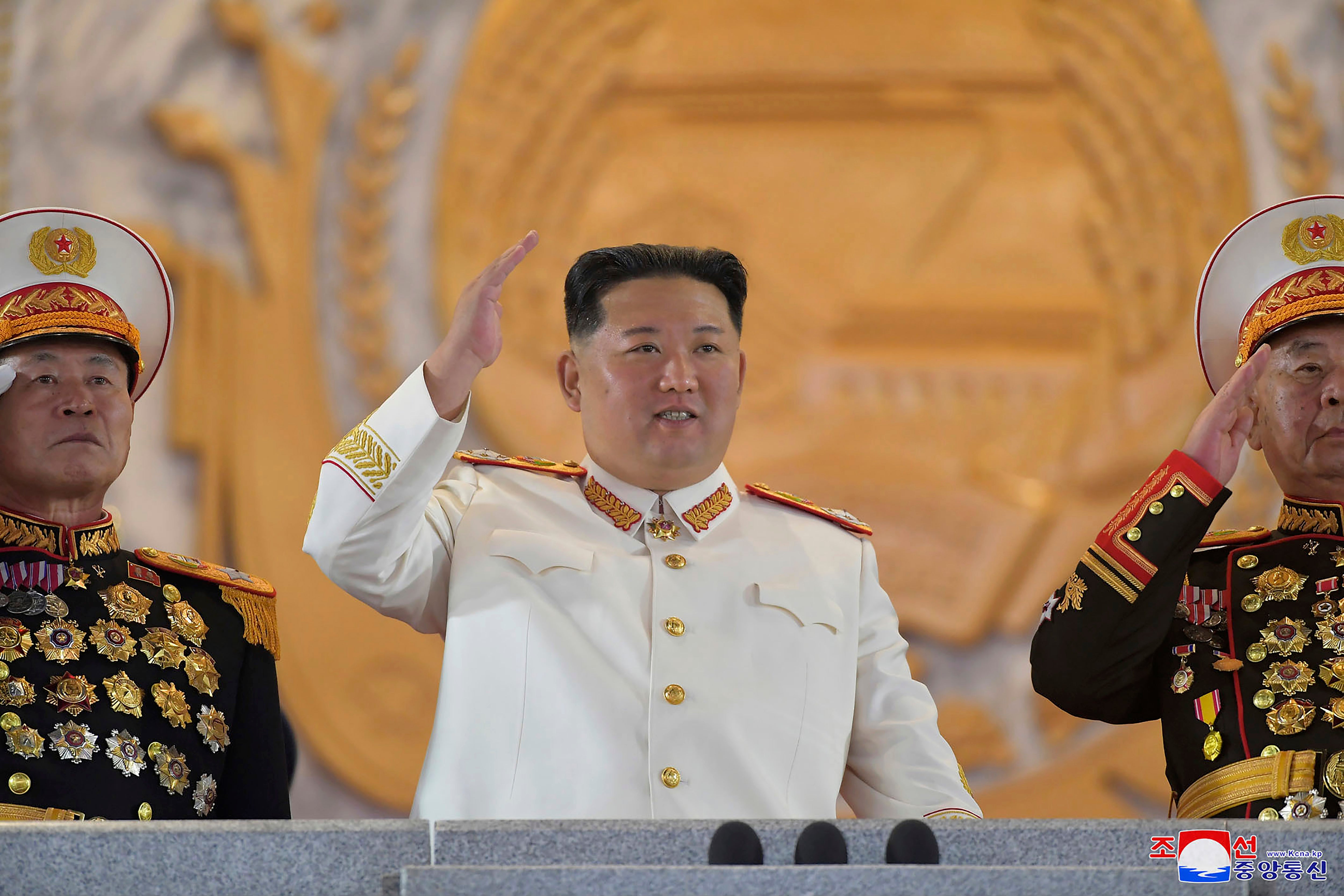Fifty countries voice fury as North Korea takes helm of UN disarmament body despite looming nuclear test
North Korea, one of most militarised countries in world, has conducted 17 rounds of missile tests this year

Dozens of countries have voiced strong opposition to North Korea taking the temporary leadership of the world’s foremost multilateral disarmament group at the United Nations.
North Korea took the presidency of the Geneva-based Conference on Disarmament on Thursday, because the position rotates between the body’s 65 members in the alphabetical order of country names in English.
It comes as Pyongyang remains under sanctions imposed by UN Security Council resolutions for developing and testing nuclear and intercontinental ballistic missiles.
The country has intensified its efforts in developing and testing a slew of missiles this year, including two tests of suspected ICBM missiles, which have the potential to drop nuclear warheads on a different continent.
North Korea, one of the most militarised countries in the world, has conducted 17 rounds of missile tests this year after leader Kim Jong-un vowed to bolster North Korea’s nuclear forces at “maximum speed” earlier this year.
Concerns are also mounting because it is suspected that North Korea is preparing to conduct its seventh nuclear test after a hiatus of five years since 2017.
“The DPRK remains committed to contributing to global peace and disarmament and attaches importance to the work of the conference,” ambassador Han Tae-song said as he opened a new session, referring to North Korea by its official name.
He said it was an “honour and a privilege” to hold the role as chair of the forum for the next three weeks.
The Conference on Disarmament is held three times a year at the UN headquarters in Geneva. It is the world’s only permanent multilateral body to negotiate arms control and disarmament agreements.
Its goal is to end the nuclear arms race among countries, but it has achieved few results over its decades of existence and has largely devolved into a venue for countries to voice criticism of others’ weapons programmes or defend their own.

The first conference under North Korea’s presidency continued even as non-governmental organisations recommended that delegates stage a walkout in protest.
But nations instead used the forum to strongly denounce the appointment of North Korea and opted to send only lower-level diplomats.
Several countries raised concerns that Pyongyang’s leadership would undermine the credibility of the UN and denounced its preparation for a potential nuclear test.
“We remain gravely concerned about the DPRK’s reckless actions, which continue to seriously undermine the very value of the Conference on Disarmament,” said Amanda Gorely, Australia’s ambassador, on behalf of a coalition of countries.
Ned Price, a spokesperson for the US State Department, said: “It certainly does call that into question when you have a regime like the DPRK in a senior leadership post, a regime that has done as much as any other government around the world to erode the non-proliferation norm.”
Taking note of the condemnatory statements, Mr Han said the north was “still at war with the United States” and added that “the president takes note of your statement”.
He defended missile tests and said there was no reason why Pyongyang could not “develop its national defence capabilities”. No state has “the right to criticise or intervene or interfere in the national defence policy [of other states]”, he added.
Meanwhile, envoys from Japan, South Korea and the US met in the South Korean capital of Seoul on Friday to prepare for action against the north’s nuclear test.
An intelligence assessment by the US has suggested that North Korea was preparing its Punggye-ri test site, where it has conducted six tests in the past, for a new nuclear test.
“We are preparing for all contingencies in close coordination with our Japanese and Republic of Korea allies,” US special representative Sung Kim said at the beginning of the meeting.
“We want to make clear to the DPRK that its unlawful and destabilising activities have consequences and that the international community will not accept these actions as normal,” the US envoy said.
Most recently, North Korea reportedly conducted three missile tests on 25 May, soon after Joe Biden concluded his trip to neighbouring Japan.
The three missiles, including an ICBM, were fired in the space of less than an hour from Pyongyang, South Korean military said.
Additional reporting by agencies
Join our commenting forum
Join thought-provoking conversations, follow other Independent readers and see their replies
Comments

Bookmark popover
Removed from bookmarks